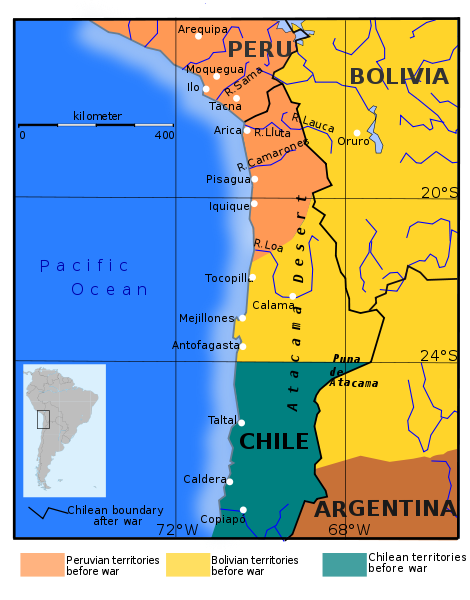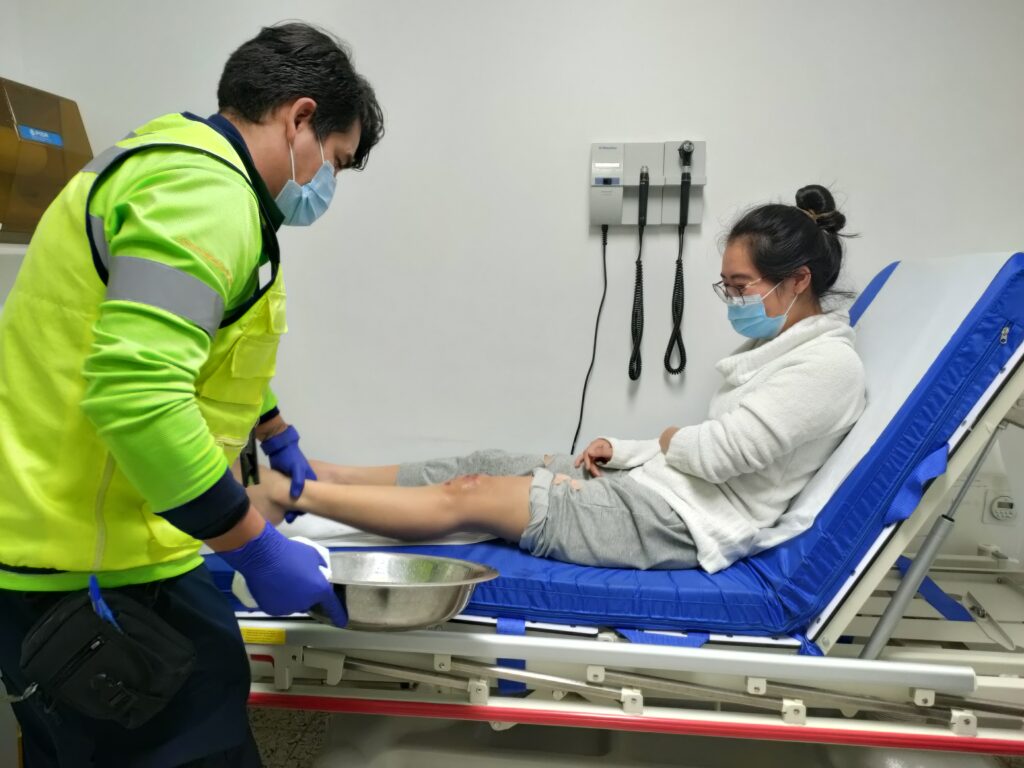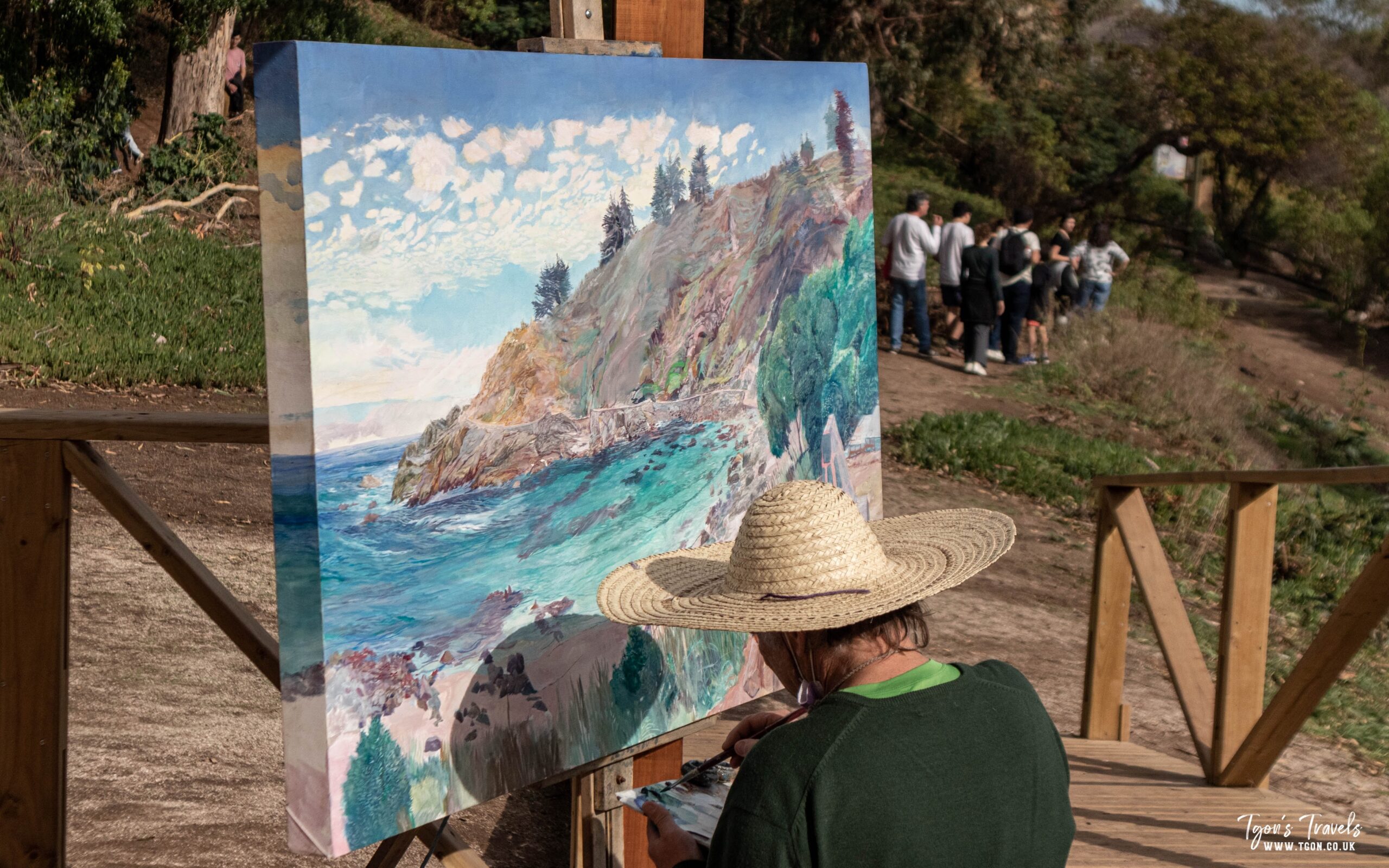In my last blog post I talked about the wonderfully kind family that we stayed with while Huong was healing. What I didn’t get into was how difficult it was to leave. Not only because of how welcome they made us feel there, but also because we had all our stuff in boxes. Huong had healed enough that she didn’t need to go back to the clinic anymore. She bought some medical supplies and was able to clean and dress her knee on her own. Unfortunately, she wasn’t healed enough to ride yet and we were now way behind schedule. Actually, it’s not that we had a schedule, but we only have visas for 3 months and the border to Bolivia is a long way north.
From Bikepacking to Packing our Bikes
I don’t really class myself as a cyclist and I didn’t really class myself as a motorcyclist when I was travelling by motorbike either. I see myself more as a traveller. I just want to get to places and experience things. So I don’t mind if I take my bike on a truck or train, or even pack it on a bus to get where I am going. But the big problem with doing this, is all the boxes. When you ride the bike, all your bags are attached to it and it’s fairly easy to get around. But when the bike goes into a box, all your bags also need to go into boxes. It’s a real hassle. So I spent a bit of time on google and saw that a lot of people who cycled in Chile would take their bikes on the bus. They said it was simple. Just pack the bike in a box and book the bus ticket, then pay a small extra fee to the driver. This sounded so easy, but the reality was much different. During weeks 7 & 8 we took two bus journeys with the bikes. Both times we contacted the bus company, told them we had bicycles and booked our tickets. But on the morning that we were supposed to leave, the bus drivers rejected us and we couldn’t take the bus.
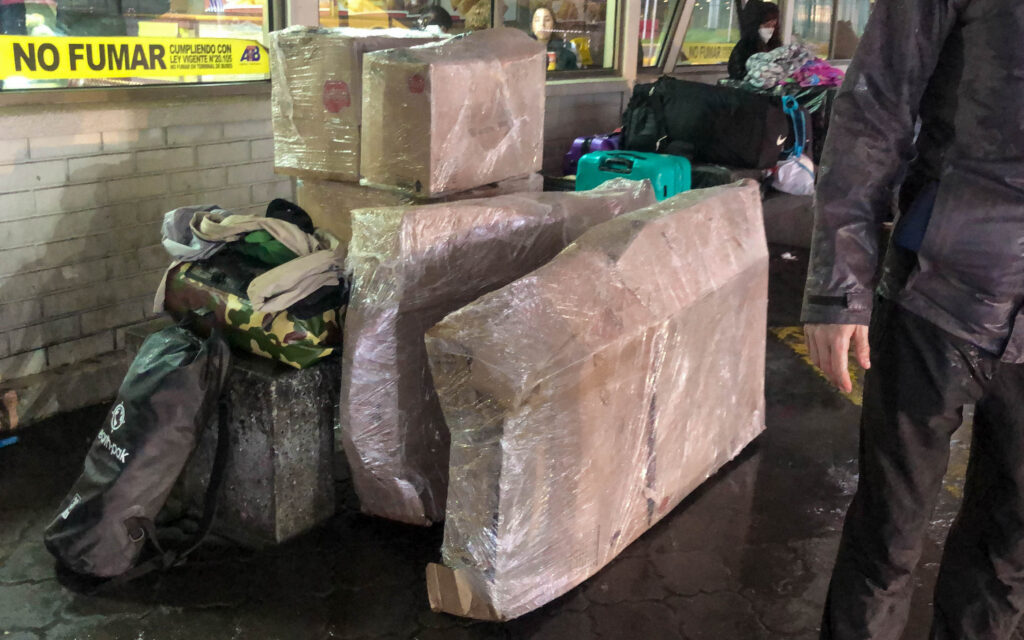
Our First Rejection
The first journey was as we left our wonderful host family in Cachagua. Maria-Jesus offered to drive us to the nearest city so that we could take the bus from La Ligua to La Serena. we had booked the tickets online after speaking to customer services. When we got to the station they actually loaded the bikes onto the bus. But then the driver came and told them to take the bikes off, then he just got on the bus and left us there. As I’m sure you can imagine, this was quite stressful in the moment. But Maria-Jesus helped us again. She spoke to a guy in the station who sells snacks. He told her that there is a place on the highway where buses stop to buy snacks from a friend of his. So we drove out onto the highway and waited with the snack seller. It didn’t take long for a bus to arrive. We spoke to the driver and he was happy to take us and the bicycles for payment in cash. We were so relieved and, as sad as I was to leave Cote and her family behind, it was nice to be moving again.

Working in La Serena
We arrived in La Serena and I spent some time working on my website and YouTube channel. I had accidentally left the charger for my new laptop at home when I took my flight to Chile. My parents helped by sending it to me. It was a 5-7 day delivery service, but when the package arrived in Santiago de Chile, it was delayed there for a month by customs. Luckily Byron, my first Couchsurfing host, helped me to pick it up and he shipped it to La Ligua. So I had just gotten it back before we got to La Serena. That is the reason that my blog and vlog posts have been delayed and I’m covering 2 weeks each week for now. La Ligua is a nice enough beach city, it has an old quarter that’s more inland and lots of hotels and restaurants by the beach. Their famous landmark is their lighthouse. After getting some work done in La Serena it was time to continue north.

Rejected Again
In La Serena we faced the same issue again. This time we booked with a different bus company and actually went to the station to buy the tickets. When we got there in the morning to take the bus, we were rejected again. We tried to replicate our last experience so we headed to the highway, but this time to a service station. We hung around for an hour or so, trying to thumb a lift with any truck that passed. We weren’t the only people hanging around the service station. There were immigrants who were trying to get to other cities and a guy who was selling USB drives full of music to passing drivers. Huong spoke to the music seller while I was attempting to thumb a lift. This actually turned out to be the solution to our situation. While he was walking around speaking to drivers, he found a guy who was driving an empty bus to the same city that we were heading to, Copiapo. We loaded the boxes into this old bus and headed north. From Copiapo we headed to the coast to a beach which is known as one of the most beautiful beaches in Chile, Bahia Inglesa.
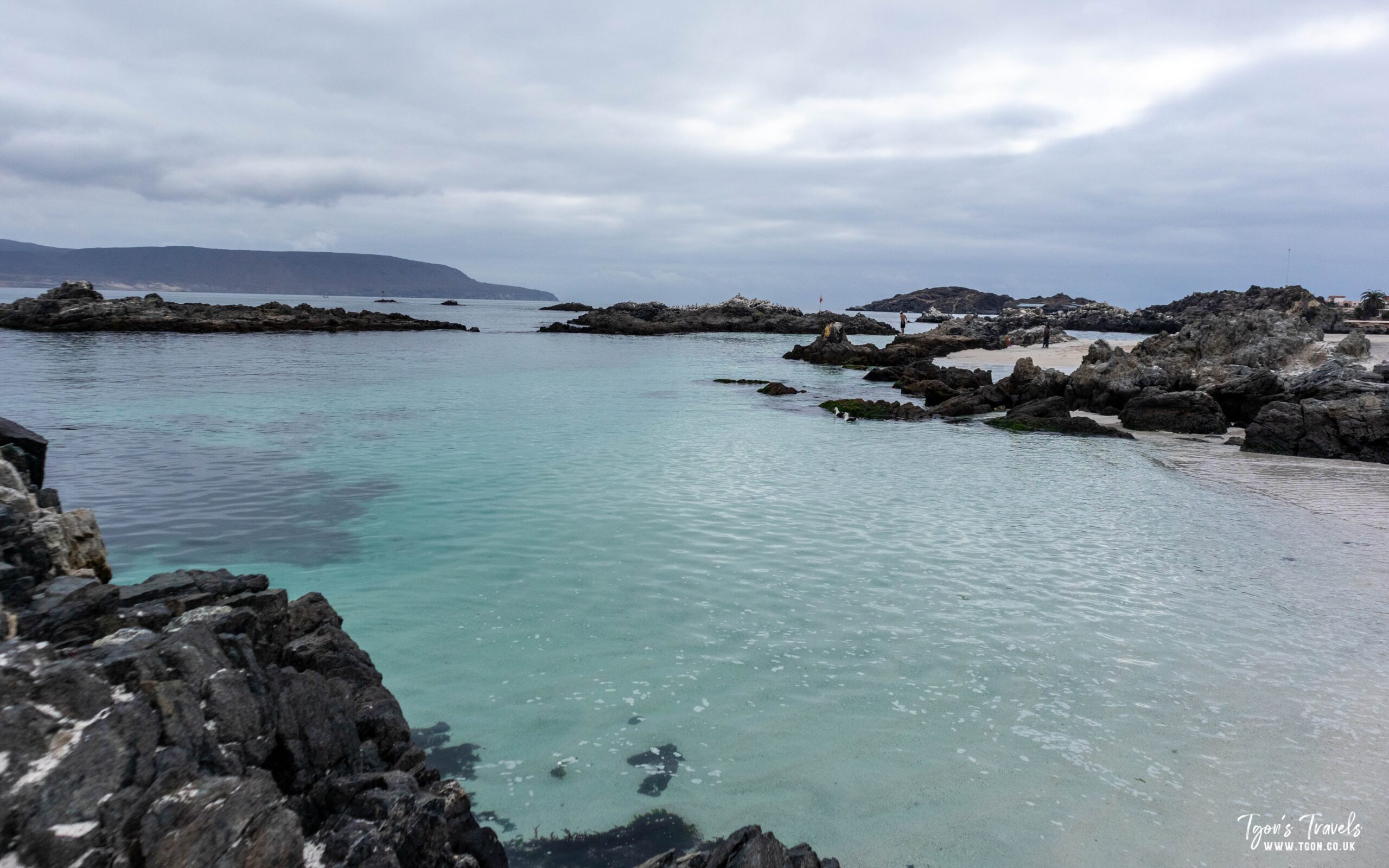
An Awesome Weekend
In Bahia Inglesa we stayed with an awesome Couchsurfing host. Marcelo and his brother Mati are rock climbers and we arrived on a weekend when Marcelo was organising a regional competition. People came from neighbouring cities to take part. But it was open for everyone. Children took part in the morning and through the day there were different stages working their way up to the professionals. It was really fun to hang out there and I took some pictures and also some drone footage for them. But the best part was the evening. A whole load of people drove out to the desert for a party. We were drinking a popular Chilean party drink, Piscola. A mixture of Pisco (a sweet spirit from Chile/Peru) and Coca Cola. Then later in the night we had mulled wine cooked on the campfire. It was a really awesome night. We were actually the first people that Marcelo had ever hosted through Couchsurfing, but he was an awesome host. He and his brother are both really cool guys and I am really happy to have met them. Hopefully we will meet again somewhere down the road.
